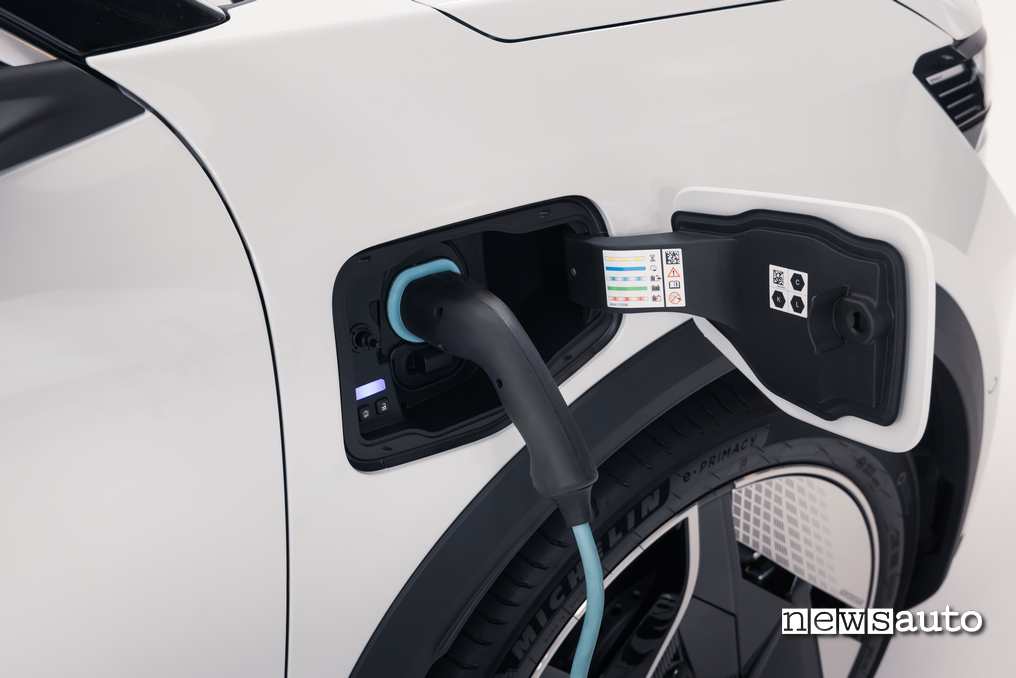Wednesday 13 March 2024, on European Parliament with 297 votes in favour, 190 against and 37 abstentions ratified the agreement reached with the European Commission and the Advise during the Trilogue last December, on the new emissions regulations Euro 7, in order to reduce emissions from road transport, including cars, vans, buses, trucks and trailers. As a novelty, the Euro 7 proposal addresses the emissions not related to depletion (microplastics from tires and particles from brakes) and includes battery life requirements.
What does the new agreement provide for Euro 7?
For cars and vans, negotiators agreed to maintain current Euro 6 test conditions and exhaust gas emission limits. At the request of Parliament, the number of exhaust particles will be measured at the level of PN10 (rather than PN23, thus including smaller particles).
For buses and trucks, the agreed text includes stricter limits for exhaust emissions measured in laboratories (e.g. NOx limit of 200 mg/kWh) and in real driving conditions (NOx limit of 260 mg/kWh), while maintaining the current conditions Euro VI test.
Euro 7 emissions for cars and vans
The agreement establishes particle emission limits from brakes (PM10) for cars and vans (3 mg/km for fully electric vehicles; 7 mg/km for most internal combustion engine (ICE), hybrid and fuel cell vehicles e 11 mg/km for large internal combustion engine vans).
It also introduces minimum requirements performance for battery life in electric and hybrid cars (80% from the beginning of life to five years or 100,000 km and 72% up to eight years or 160,000 km) and in vans (75% from the beginning of life to five years or 100,000 km and 67% up to eight years or 160,000 km).
Euro 7 Environmental Vehicle Passport
The text on Euro 7 provides for a Environmental Vehicle Passportavailable for each vehicle and containing information about its environmental performance at the time of registration (such as pollutant emission limits, CO2 emissions, fuel and electricity consumption, electric range, battery life).

Vehicle users will also have access to updated information on fuel consumption, battery status, polluting emissions and other relevant information generated by on-board systems and monitoring. Furthermore, car manufacturers will have to design their vehicles to prevent manipulation of emission control systems through the digitalisation of car monitoring.
When Euro 7 comes into force
Before coming into force, the new Euro 7 legislation will have to obtain ratification from the European Council itself. The new rules will come into force after 30 months for cars and vans, and after 48 months for buses, trucks and trailers. However, for vehicles built by small-volume niche manufacturers, the provisions will apply from 1 July 2030 for cars and vans, e from 1 July 2031 for buses and trucks.
Read also:
→ Euro 7 standard, EU rules
→ Stop selling thermal cars from 2035
→ The dates of the end of the internal combustion engine
→ What do you think? Drop by discussions on the FORUM!
#Euro #agreement #emissions #dates